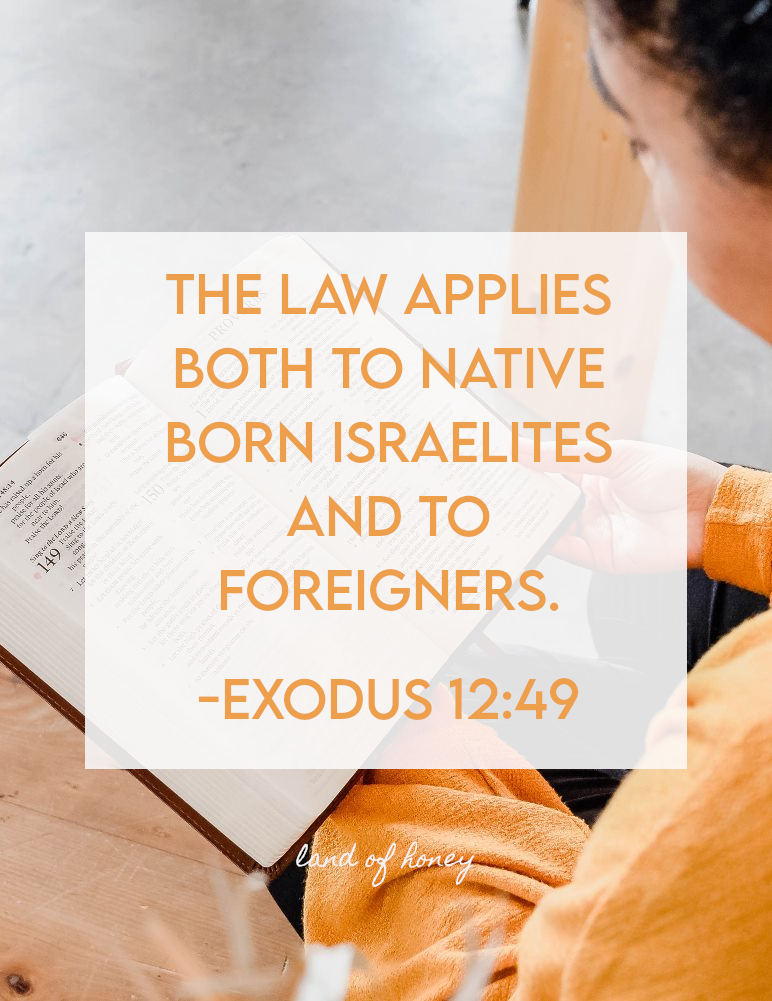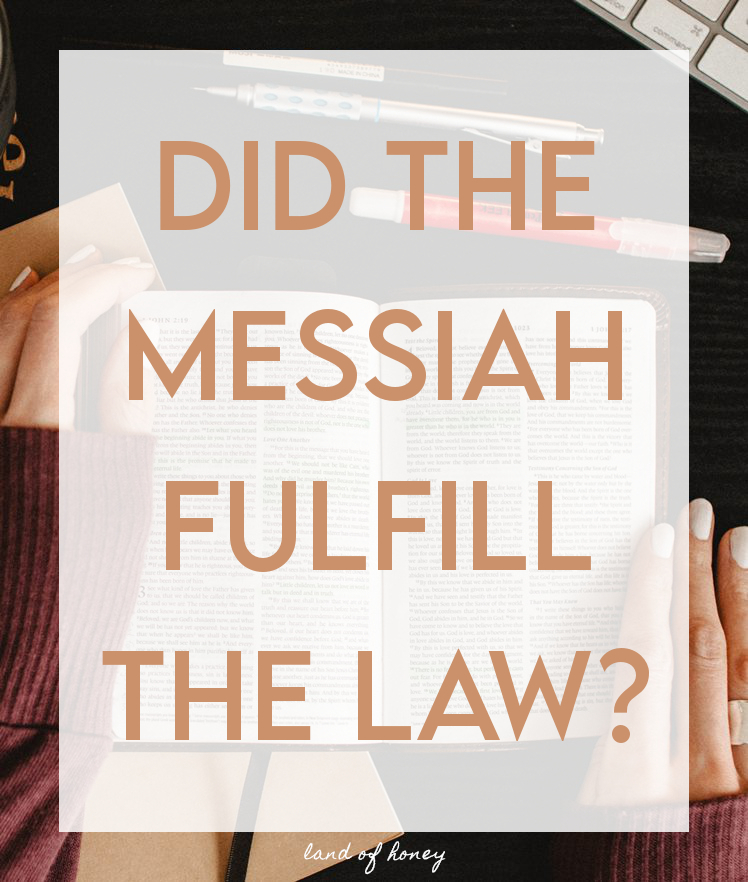"The wise man built his house upon the rock...the rains came down and the floods came up..."
I still know the motions to this Sunday school song I learned as a child. It is inspired by the words of the Messiah found in Matthew 7:24-27. Jesus is giving an analogy about the wise man who builds his house on a firm foundation versus the foolish man who builds it on sand. When the rains and the floods happen the foolish man's house was destroyed, while the wise man's still stood.
This is practical, of course. Any home that is going to last needs a sturdy foundation. But this is also a parable. The house, the foundation, and the storm all stand in for other things. And the Messiah explains the meaning to us. The point he is really making is about following the word of YHWH.
"Therefore everyone who hears these words of mine, and does them, shall be like a wise man who built his house on the rock." -Matthew 7:24
"Everyone who hears these words of mine and does not do them shall be like a foolish man who built his house on the sand." -Matthew 7:26
This is not a vague spiritual principle. This is not generic advice.
This is also not just about what the Bible says in the New Testament or limited to the words of the Messiah himself. Scripture identifies Jesus as "the Living Word" (John 1:1), and the Savior said that he only did what his father did, and that he and his father are one. Not to mention at the time he said this there was no 'New Testament.' With this in mind, we can see that the firm foundation he is talking about is all of Scripture.
For extra confirmation of this we can back up and look at the context of what was said leading up to the house upon the rock analogy. Not only is he talking about the whole of the Bible, but he specifically includes Biblical law and the commandments.
"Many shall say to me in that day, 'Master, have we not prophesied in your name, and cast out demons in your name, and done many mighty works in your name?' And then I shall declare to them, 'I never knew you, depart from me, you without the law.'" -Matthew 7:23
Immediately after that he makes the statement, "Therefore everyone who hears these words of mine, and does them, shall be like a wise man who built his house on the rock."
You can choose to build your life on whatever you like, but only a strong foundation will get you through the storms we all face. The Messiah said that that foundation is the word of God, and he expressly included the commandments and Biblical law in that statement.
Here is the Messiah telling us exactly how to build our lives. Upon the rock of what the Bible says and its commandments! You can choose to ignore Scripture's commandments...or you can choose to be like the wise man and have them be your foundation.
Now, it is important to correctly understand what Scripture's laws are. We need to make a distinction between the laws for how we live and the laws about animal sacrifice which are no longer in effect since the priesthood is now under Yahusha's Melchizedek order. We need to know that the law he is talking about is not manmade Jewish law, and it's also not just meant in a vague euphemistic sense or just Christian mantras or doctrines.
It's the Bible's instructions. That's what the Messiah said to build your life on.
These are the commandments that Scripture gives us for how we are to live. They consist of practical things like serving YHWH and not practicing idolatry. How to conduct your business and how to treat your neighbors and parents. What day is considered holy and what we should and shouldn't consume. Biblical law is not too hard for you to keep, according to the Bible. Jesus said that should be our foundation!
The rock that we should build our lives upon is Scripture's commandments.
Related posts:
The Three Types of Laws in Scripture
What the Messiah Said About Biblical Law
Basics of Biblical Law

























5.jpg)
7.jpg)
.jpg)
.jpg)










.JPG)